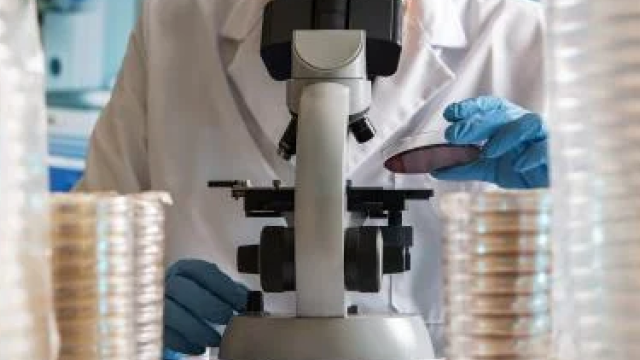A new study conducted by Oncode Investigator Jan Hoeijmakers (Princess Máxima Center and Erasmus MC) and Oncode Researcher Wilbert Vermeij (Princess Máxima Center) shows that a brief period of fasting prior to cancer treatment appears to be safe and feasible for children. The results are now published in EJC Paediatric Oncology.

Previous studies in adults - such as those involving breast cancer patients at the Leiden University Medical Center (LUMC) and kidney donors at Erasmus MC and University Medical Center Groningen (UMCG) - have explored the potential protective effects of fasting before surgery or cancer therapy. However, this had not yet been studied in children, despite the potential for even greater long-term benefits given their longer life expectancy after treatment.
To explore this potential, the Princess Máxima Center launched a clinical study focusing on children with Wilms tumor, a rare form of kidney cancer. The research is based on the observation that short-term fasting activates specific protective mechanisms in cells, including DNA repair systems, and that this may make healthy tissue more resistant to the harmful side effects of treatment.

Oncode Researcher Wilbert Vermeij: "This unique collaboration between fundamental researchers, clinicians, and parents of pediatric cancer patients adds strength to the study’s design and relevance."
Oncode Researcher Wilbert Vermeij: "This unique collaboration between fundamental researchers, clinicians, and parents of pediatric cancer patients adds strength to the study’s design and relevance."
Short-Term Fasting Before Surgery
The FIURTT study (Fasting Intervention for Children with Unilateral Renal Tumors to Reduce Toxicity) involved children fasting from solid food for 10 to 18 hours prior to surgery, depending on their age. During and after this fasting period, researchers measured blood values, collected feedback from children and parents, and analysed healthy kidney tissue to assess the activation of biological protective mechanisms.
Initial findings based on 13 patients are promising, showing no adverse effects (especially no hypoglycemia) between the start of fasting and the end of surgery. Both children and parents reported that the fasting was manageable and not overly burdensome. Analysis of healthy kidney tissue showed a biological protective response similar to that observed in adults after 2.5 days of fasting.
Impact: a First Step Towards a New Approach in Clinical Practice
These findings suggest that short-term fasting in pediatric cancer patients is both feasible and safe in a controlled clinical setting. The current research focuses on whether fasting prior to surgery can positively affect recovery. Future studies will explore its potential to protect against the side effects of chemotherapy.
These results represent an important first step in translating biological insights into clinical practice. This study paves the way for a new approach where nutritional strategies are not merely supportive, but become an integral part of cancer treatment.
“The unique collaboration between fundamental researchers, clinicians, and parents of pediatric cancer patients adds strength to the study’s design and relevance,” as Oncode Researcher Wilbert Vermeij points out.
Ultimately, this approach may offer children a better long-term outlook—supporting not just survival, but a life with fewer lasting effects from treatment.